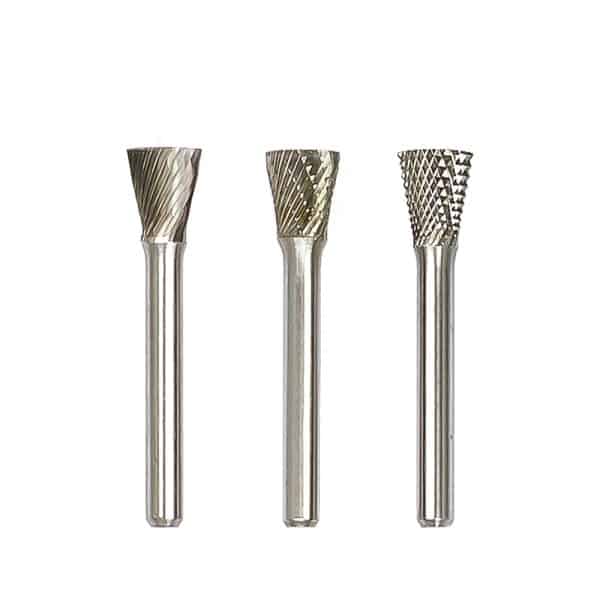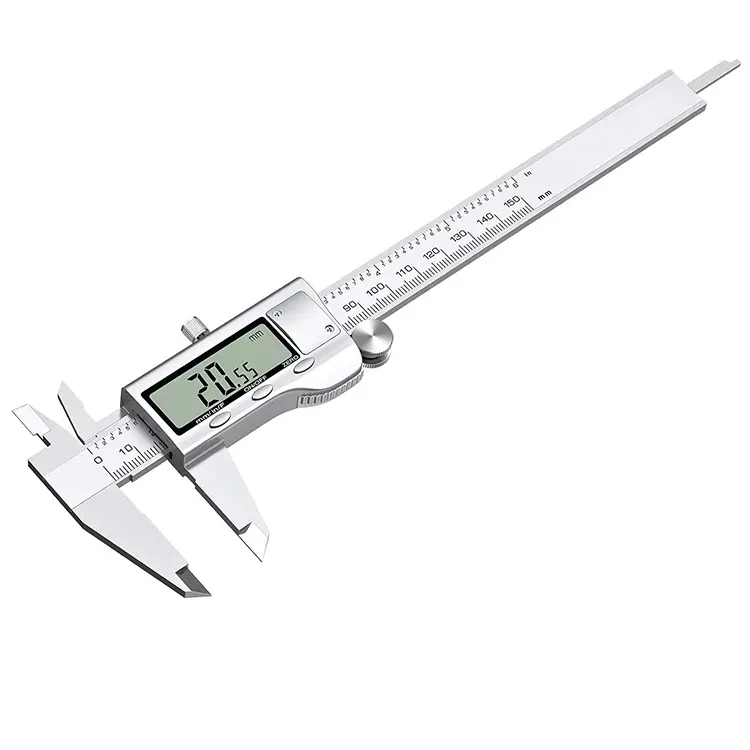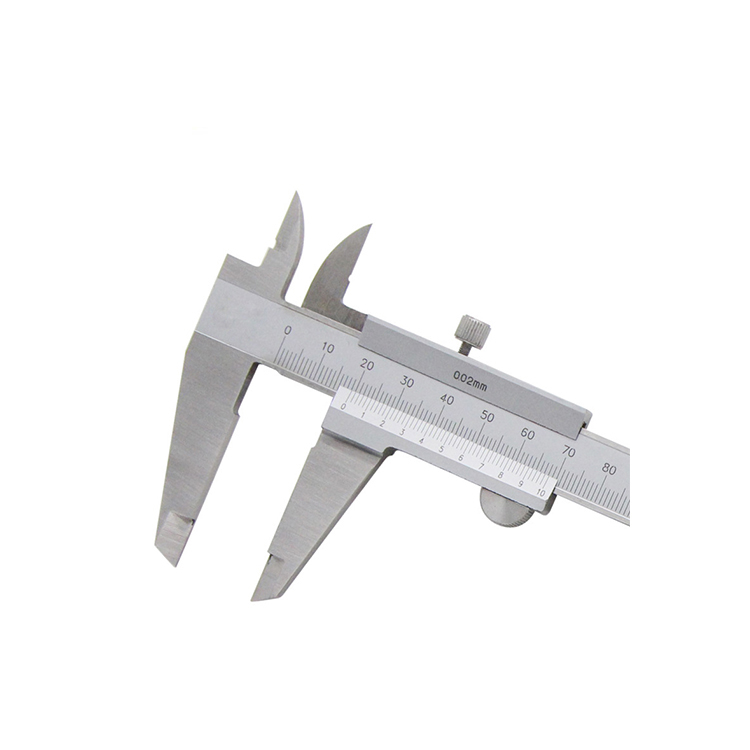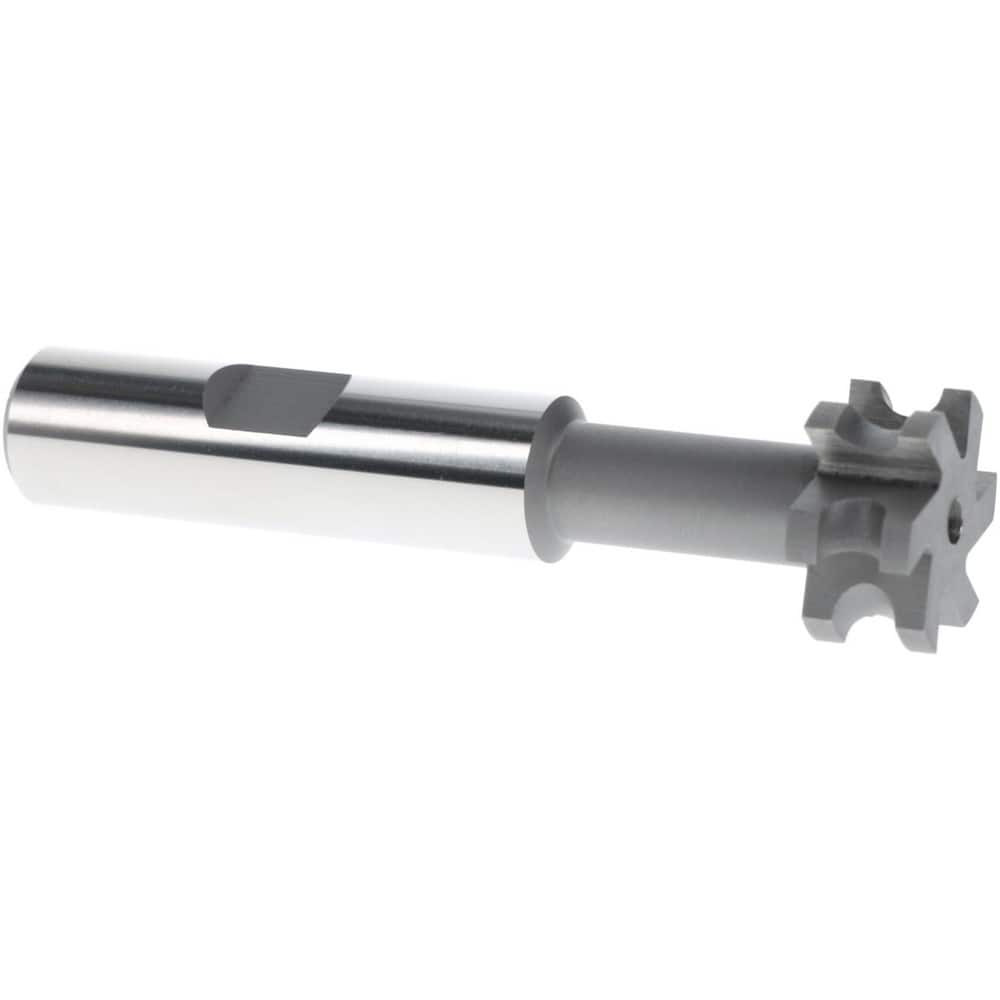Indexable Inserts Manufacturer
Indexable inserts are replaceable cutting tools used in various machining operations like turning, milling, and drilling. Choosing the right indexable inserts manufacturer is crucial for optimizing performance, reducing costs, and ensuring consistent quality in your metalworking processes. This guide provides a comprehensive overview of factors to consider when selecting a manufacturer and understanding the key aspects of indexable inserts.
Understanding Indexable Inserts
Indexable inserts, also known as carbide inserts, are small, precision-ground pieces of cutting material that are clamped into a tool holder. Their 'indexable' nature allows them to be rotated or flipped to expose a fresh cutting edge when one edge becomes dull or worn, maximizing tool life and minimizing downtime. The materials and geometries of indexable inserts are varied and depend on the target material and machining process.
Types of Indexable Inserts
There are numerous types of indexable inserts available, categorized by shape, material, coating, and application. Common shapes include:
- Square
- Triangle
- Diamond
- Round
- Trigon
The choice of shape depends on the specific machining operation and the desired cutting geometry.
Materials and Coatings
Indexable inserts are typically made from cemented carbide, a composite material of tungsten carbide and cobalt. Different grades of carbide are available, each with varying hardness, toughness, and wear resistance. Coatings, such as titanium nitride (TiN), titanium carbonitride (TiCN), and aluminum oxide (Al2O3), are applied to the inserts to further enhance their performance and lifespan. These coatings provide:
- Increased wear resistance
- Reduced friction
- Improved heat resistance
Factors to Consider When Choosing an Indexable Inserts Manufacturer
Selecting the right indexable inserts manufacturer is a critical decision that can significantly impact your machining operations. Here are some key factors to consider:
Product Quality and Consistency
The quality and consistency of indexable inserts are paramount. A reliable manufacturer should have robust quality control processes in place to ensure that their inserts meet stringent specifications. This includes:
- Dimensional accuracy
- Material composition
- Coating quality
- Edge preparation
Range of Products and Customization Options
A good indexable inserts manufacturer should offer a wide range of products to meet diverse machining needs. This includes different shapes, sizes, grades, and coatings. Furthermore, the ability to customize inserts for specific applications can be a significant advantage. Wayleading Tools offers extensive customization options for a variety of indexable inserts. You can explore our offerings and find the perfect solution for your needs.
Technical Expertise and Support
The manufacturer should have a team of experienced engineers and technicians who can provide technical support and guidance on selecting the right inserts for your application. This includes:
- Material selection advice
- Cutting parameter recommendations
- Troubleshooting assistance
Pricing and Lead Times
Pricing and lead times are important considerations. While cost should not be the sole determining factor, it is essential to find a manufacturer that offers competitive pricing without compromising on quality. Lead times should also be reasonable and consistent to ensure that you can meet your production schedules.
Reputation and Track Record
Choose a manufacturer with a solid reputation and a proven track record of delivering high-quality indexable inserts and excellent customer service. Check online reviews, ask for references, and consider the manufacturer's experience in the industry. Look for certifications such as ISO 9001, which indicates a commitment to quality management.
Evaluating Potential Manufacturers
Once you have identified a few potential manufacturers, it is important to evaluate them thoroughly. Here are some steps you can take:
Request Samples
Request samples of indexable inserts that are relevant to your applications. This will allow you to test the inserts and assess their performance in your own machining environment.
Visit the Manufacturing Facility
If possible, visit the manufacturer's facility to assess their production capabilities, quality control processes, and technical expertise. This will give you a better understanding of their operations and their commitment to quality.
Discuss Your Specific Requirements
Clearly communicate your specific requirements and expectations to the manufacturer. This will help them understand your needs and provide you with the best possible solutions.
Troubleshooting Common Indexable Insert Problems
Even with high-quality indexable inserts, problems can sometimes arise during machining. Here are some common issues and potential solutions:
Premature Wear
Premature wear can be caused by a variety of factors, including:
- Incorrect cutting parameters
- Inadequate cooling
- Abrasive workpiece materials
To address premature wear, optimize your cutting parameters, ensure adequate cooling, and consider using a more wear-resistant insert grade.
Chipping or Breakage
Chipping or breakage can be caused by:
- Excessive cutting forces
- Vibration
- Interrupted cuts
To prevent chipping or breakage, reduce cutting forces, improve machine rigidity, and use a tougher insert grade.
Built-Up Edge (BUE)
Built-up edge occurs when workpiece material adheres to the cutting edge. This can be caused by:
- Low cutting speeds
- High feed rates
- Incompatible insert materials
To minimize BUE, increase cutting speeds, reduce feed rates, and use an insert with a smoother surface finish or a coating that reduces friction.
Indexable Inserts: Performance and Cost Savings
By carefully selecting the right indexable inserts manufacturer and optimizing your machining processes, you can achieve significant performance improvements and cost savings. High-quality inserts can:
- Increase cutting speeds and feed rates
- Reduce cycle times
- Improve surface finish
- Extend tool life
These benefits can translate into higher productivity, lower tooling costs, and improved overall profitability.
Data Comparison of Indexable Insert Grades (Example)
Note: Data is for illustrative purposes only and may vary depending on the manufacturer and specific insert grade.
| Insert Grade | Material | Coating | Hardness (HRA) | Application |
|---|---|---|---|---|
| Grade A | Cemented Carbide | TiN | 92.5 | General Purpose |
| Grade B | Cemented Carbide | TiCN | 93.0 | High-Speed Machining |
| Grade C | Cemented Carbide | Al2O3 | 93.5 | Cast Iron |
Conclusion
Choosing the right indexable inserts manufacturer is a crucial investment that can significantly impact the efficiency and profitability of your machining operations. By considering factors such as product quality, range of products, technical expertise, pricing, and reputation, you can make an informed decision that will help you optimize your machining processes and achieve your business goals. Wayleading Tools is committed to providing high-quality indexable inserts and exceptional customer service. Contact us today to learn more about our products and services.
Source: Data parameters are often derived from the manufacturer's official website or technical datasheets.
Related products
Related products
Best selling products
Best selling products-
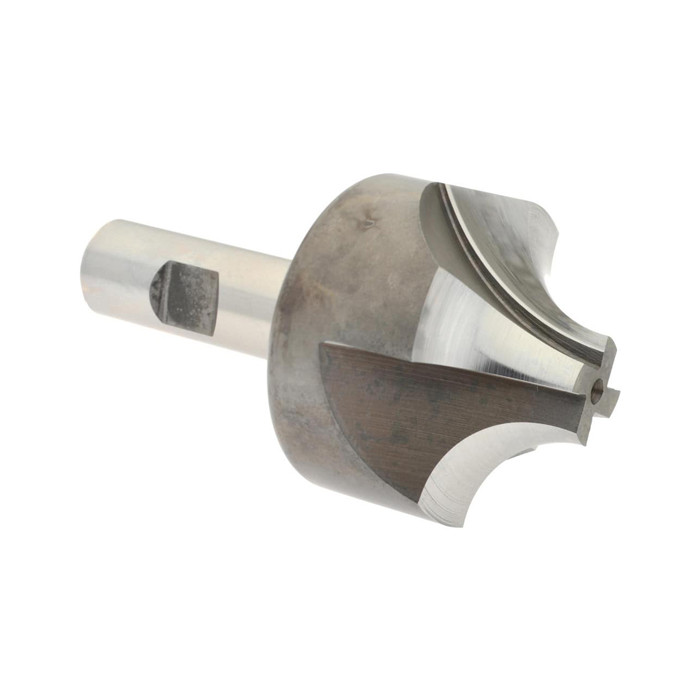 HSS Metric & Inch Corner Rounding End Mill For Industrial
HSS Metric & Inch Corner Rounding End Mill For Industrial -
 HSS Annular Cutters With Weldon Shank For Metal Cutting
HSS Annular Cutters With Weldon Shank For Metal Cutting -
 Precision Magnetic Base With Fine Adjustment For Dial Indicator
Precision Magnetic Base With Fine Adjustment For Dial Indicator -
 Type M Cone Tungsten Carbide Rotary Burr
Type M Cone Tungsten Carbide Rotary Burr -
 Type A Cylinder Tungsten Carbide Rotary Burr
Type A Cylinder Tungsten Carbide Rotary Burr -
 Stub Milling Machine Arbor With NT, R8 and MT Shank
Stub Milling Machine Arbor With NT, R8 and MT Shank -
 Type H Flame Tungsten Carbide Rotary Burr
Type H Flame Tungsten Carbide Rotary Burr -
 HSS Inch Taper Shank Twit Drills For Metal Cutting Of High Precision
HSS Inch Taper Shank Twit Drills For Metal Cutting Of High Precision -
 5C Square Collet With Inch and Metric Size
5C Square Collet With Inch and Metric Size -
 Precision Expanding Mandrel From 9/16″ to 3-3/4″
Precision Expanding Mandrel From 9/16″ to 3-3/4″ -
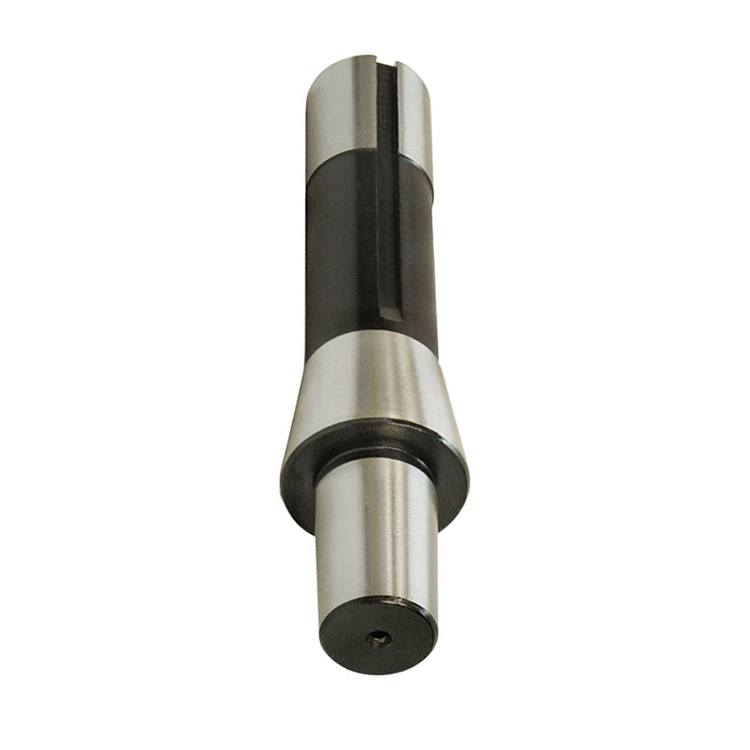 R8 Drill Chuck Arbor For Milling Machine
R8 Drill Chuck Arbor For Milling Machine -
 Double-beam Digital Gauge With Digital Counter
Double-beam Digital Gauge With Digital Counter



